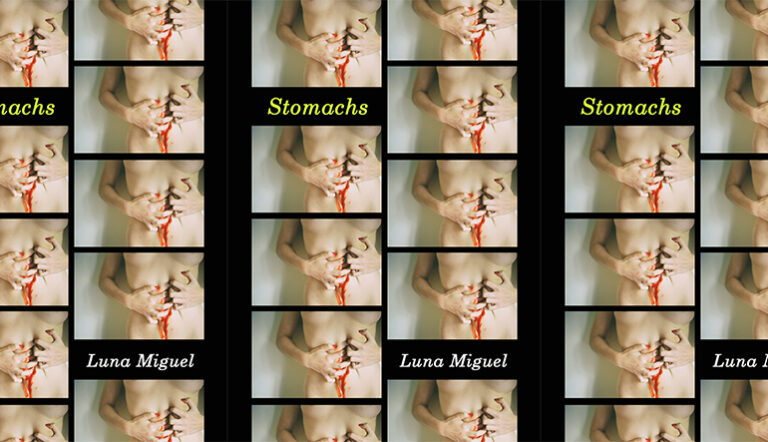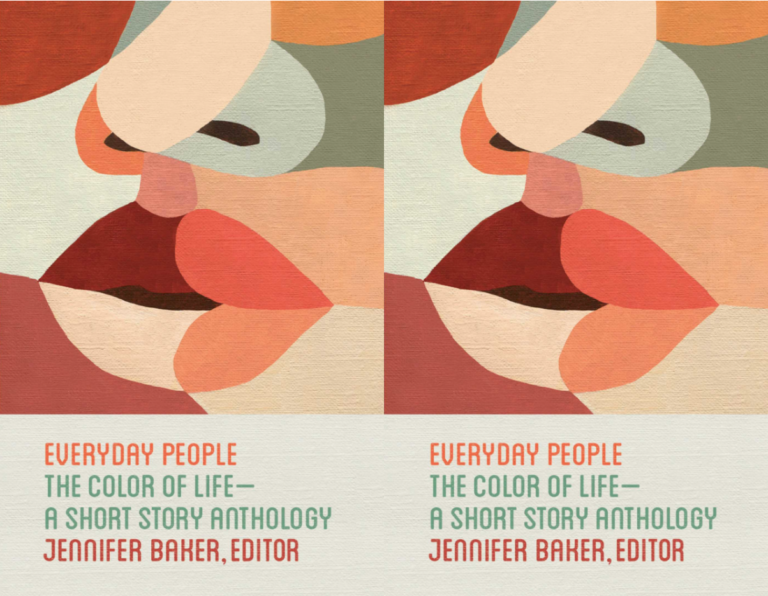Orphaned and Adopted Characters Are More Than “Convenient”

It’s been written about quite a bit, and I’m here to write about it a little more. I’m talking about a line in The Avengers.
Thor: He is of Asgard and he is my brother!
Black Widow: He killed 80 people in two days.
Thor: He’s adopted.
Everyone else laughed. I left.
I didn’t leave because I’m adopted (I am). I didn’t leave because I was offended (sort of was, but frankly, been through worse). I left because it’s getting old, because the cliché doesn’t entertain me anymore, because the writing of the line felt low and lazy, because it perpetuates an entirely uninformed but rarely questioned stereotype which is a method of characterization by which I am strongly peeved, and mostly because yes, it is a bit unnerving when you pay ten dollars to be unexpectedly laughed at by an audience (which is, by the way, what that initially feels like).
I could spend multiple posts spewing my displeasure about how much of this I see in media, film, literature, etc. (instead, I’ll just drop this in), but something that I have always questioned since elementary-level English classes is what’s up with there being so many characters, especially protagonists, who are adopted, orphaned, or both. Why does it seem like that keeps happening, why do the ones I find poorly written bother me so immensely, why do the ones who are well written connect with me so immensely, and lastly, why do I feel like I’ve never read anything by anyone else asking the same questions?
The thing is, I get it. Interesting characters struggle with discovering their identity, and one’s heritage is elemental to one’s identity (whether you denounce the family name or defend its valor); thus, by the transitive property law or whatever which makes characters interesting and whatnot, removing the character’s heritage suddenly makes them (drum roll) *mYStErIoUsSss.* How conveniently misplaced, how usefully out-casted! Who are they? Where did they come from? How did it happen? How many licks does it take to get to the center of X’s identity? The world may never know!
I get it because I live it. And when the author doesn’t get it, I know it like when your scar tingles and you pass out in class. And “getting it” doesn’t mean “I hate this book because that’s not what being adopted is like!” because it’s quite rude and narrow-minded for me to think I know what every adopted person goes through, or what any orphan goes through, as I am not one. “Getting it” usually comes in the form of something like, “Three chapters in and there’s nothing else interesting about this character? Am I still supposed to feel bad for them or is this just mockery?”
The reason why poorly written adopted and orphaned characters feel old, why the cliché doesn’t work, why it feels low and lazy, why it perpetuates an entirely uninformed but rarely questioned stereotype (which is still a method of characterization by which I am strongly peeved), is because it’s far too common that there is little else written about them, requiring the reader’s constant pity. This is demanding of the reader’s energy and simultaneously flat at offering insight in return, which often times makes the writing about them turn out as lots and lots of words that become difficult to understand even though they basically say the same thing in many different ways, which allows little room for the character to develop as a character. So by the end of what you’re reading hey guess what you’ve sure done quite a lot of reading but the book still feel likes nothing has gone anywhere or done much as it did at the end of the first chapter.
The TL;DR: interesting, inspiring characters (the ones you want to write and read) are their own histories, not the products of the ones that created them. Interesting and inspiring characters engage readers with the real world instead of defining how readers should live it.
This is why (I personally think) adopted and/or orphaned characters such as Harry Potter and Frodo Baggins inspire readers in a way that Oliver Twist does not.
The Boy Who Lived is also the boy who actively chose not to pursue murder as a manner of defeating his enemies when the basis of his entire life was determined by a murder, also the boy who has his mother’s eyes and his father’s skills and his godfather’s loyalty and his teacher’s appreciation for the unusual but also has his own flavor of stubbornness and teen angst and bad hair, also the boy who didn’t have a choice to never forget what happened but was not a constant reminder in everything that he did that it happened – he’s also The Boy Who Is Living.
Frodo Baggins perhaps may have never been left with the burden to destroy the ring if it weren’t for his relationship with his cousin Bilbo, instigated by the death of his parents. Yet he also volunteered (let’s be honest, he was volunchosen) for everything that happens east of Rivendell, maintaining both moral integrity and also careful social ability in not murdering Gollum (requires pity, sucks reader energy, dies in the end, everyone’s cool with it) and beyond being successful with removing the burden, he develops in character, his complexity expands though becomes further understood, and he creates and builds relationships across all of Middle Earth.
Oliver Twist gets tossed, without choice and due to little of his own action, into a variety of social spheres, mostly ones that put him in dark and dangerous situations, where what happens to him next is dependent on his bearer at the time, all of which is super sad but gives little note as to what agency he has, if he has any. Considering the Dickensian standard, sure, Twist perhaps was never intended to be a stand-alone character, though why he needs to be an orphan for such to be the case might be related to why he’s easily the most well-known orphan in literature particularly and, for many, solely for being an orphan.
Potter and Baggins attract me as a reader more because their being orphans and adoptees is still fundamental to their identities and daily struggles without that being the sole purpose of their character, without being the center of the plot, without constantly asking me to pity them, which allows me as a reader to look further into their complexities and grow with them, in turn growing myself and engaging with the world around me.
Oh, and you know what? I watched The Avengers another time and it sucked. It’s just noise!


